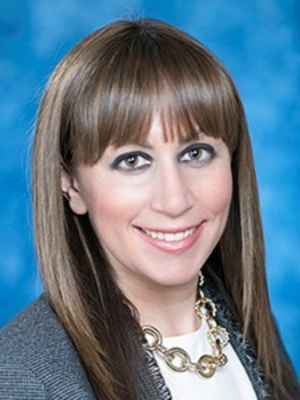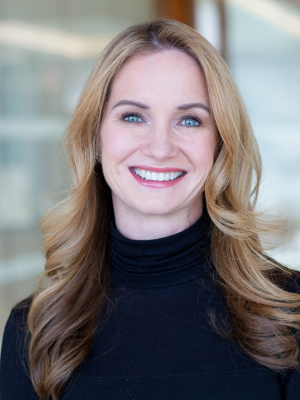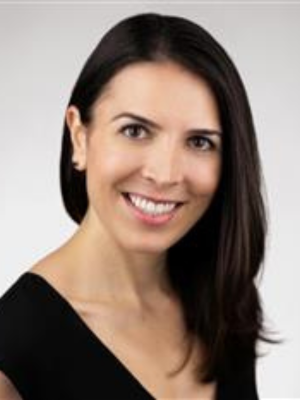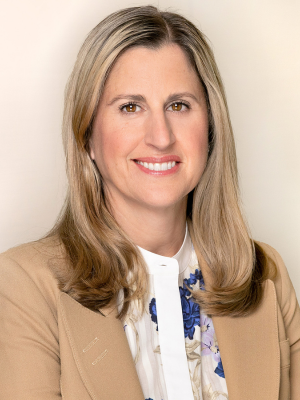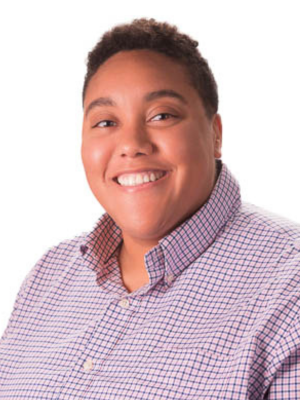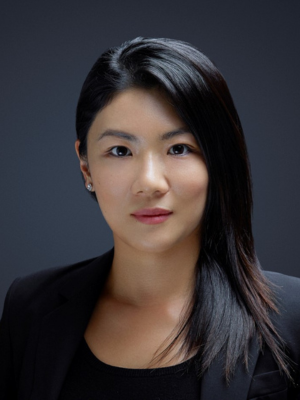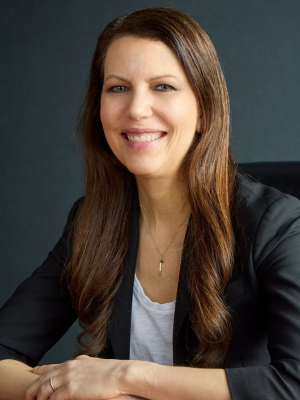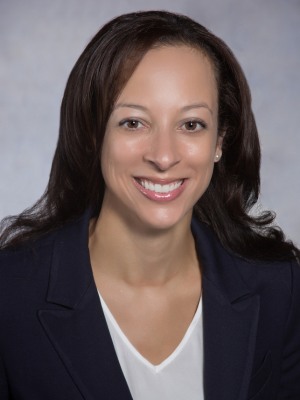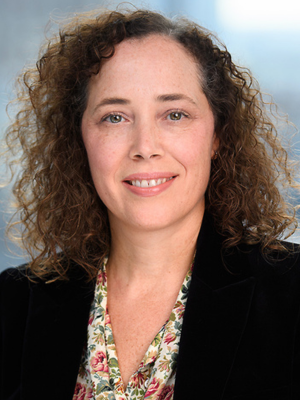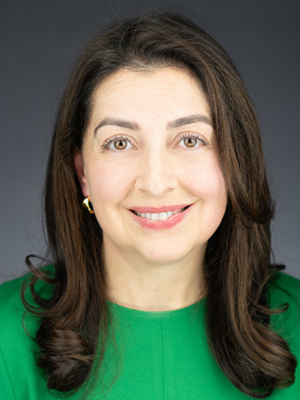 “What excites me about corporate banking is its breadth — you’re assigned a client base and take responsibility for everything that client does within Wells Fargo,” says Alex Douklias. “It’s a dynamic mix of high-level strategy and hands-on problem-solving, which keeps every day interesting.”
“What excites me about corporate banking is its breadth — you’re assigned a client base and take responsibility for everything that client does within Wells Fargo,” says Alex Douklias. “It’s a dynamic mix of high-level strategy and hands-on problem-solving, which keeps every day interesting.”
Alex Douklias is vice chair of Corporate Banking within the Banking division of Wells Fargo Corporate & Investment Banking. In this role, Douklias provides leadership for origination of capital markets solutions and traditional banking products to support large corporate clients across all industries. Douklias is also actively involved in Corporate Banking’s growth and talent development initiatives.
Over three decades in banking, Douklias has driven business growth, shaped future leaders, and set a standard for excellence that continues to define her career. From navigating client relationships to championing professional growth, she brings a strategic mindset and an unwavering focus on impact — both for her clients and the next generation of banking professionals.
A Career Built on Versatility and Client-Centric Solutions
Douklias began her banking career in the fast-paced world of markets, first at Scotiabank and later at J.P. Morgan, where she thrived on the intensity and structure. As her career progressed and her personal priorities evolved, she sought a path that offered both professional growth and flexibility.
“When I was in markets, we were typically at our desks by 7 a.m., which meant I was never able to drop my son off at preschool,” she reflects. “Moving into corporate banking gave me more control over my schedule. I could still cover clients, but I also had the flexibility to be there for the moments that mattered.”
In transitioning to corporate banking, Douklias found a field that aligned with her strengths and interests, particularly in the breadth of challenges and opportunities that come with working with corporate clients.
“I don’t think of it as selling. I think of it as delivering solutions. My focus is on understanding my clients’ pain points and finding ways to help. If we do that well, the business naturally follows.”
Douklias’ client-centered approach propelled her forward in corporate banking, where she became head of the North America business in Global Corporate Banking at J.P. Morgan. Now, as vice chair of Corporate Banking at Wells Fargo, Douklias is focused on both business growth and leadership development.
“I’ve been brought in to help on several initiatives, which is exciting, but what matters most to me is developing the next generation of leaders. That means spotting talent, pushing existing leaders out of their comfort zones, and encouraging them to think bigger about the future of Wells Fargo. I want them to move beyond the day-to-day and embrace a more aspirational vision — and it’s exciting to see that shift happen.”
Navigating Client Relationships Requires EQ
For Douklias, having a client-centered approach requires being able to juggle competing demands while keenly assessing their urgency.
“In corporate banking, you have to be extremely organized,” she says. “There are multiple products, multiple clients, and it is challenging to chase everything at once. Prioritization is key.”
Equally important is the ability to read and navigate different personalities, both internally and externally. “Working with clients across industries and influencing multiple stakeholders requires emotional intelligence. Every corporation has a different culture, every CFO has a different way they like to be engaged. Understanding that and adapting your approach is critical.”
She continues, “I treat my internal constituents as clients because to have influence, they need to know that I genuinely care. If they’re successful, I’m successful — it’s a shared goal. I also think about what motivates them and the value they gain from working with me. By understanding their perspective, I can inspire them to deliver their best work, which ultimately enables me to provide the best for my clients.”
The Power of Feedback and Continuous Development
A strong advocate for professional growth, Douklias has both given and received invaluable feedback throughout her career. One pivotal moment came when a manager observed that she was not asserting herself enough in high-level meetings.
“I was in meetings with senior leaders — managing directors, vice chairs, investment bankers — and sometimes, I held back when I had something to say. A manager suggested executive coaching, and I jumped at the opportunity. The feedback was eye-opening. My coach pointed out that sometimes I spoke too quickly and didn’t breathe enough, which caused my voice to trail off at key moments. Adjusting my delivery of remarks, based on that feedback, made an enormous difference.”
Her advice to those she mentors: “Seek out feedback and embrace it. People genuinely want to help you grow.”
For Douklias, feedback isn’t just about performance — it’s about growth and alignment. “When I offer feedback, I am engaging in an open conversation about what a person’s strengths are, and what their limits are. I find I can develop my team best by offering candid feedback with kindness, and by pushing them beyond their comfort zone.” She believes in addressing challenges in real time, asking direct but supportive questions like, I observed that you shied away from this difficult issue. Is there something we should talk about?
By fostering trust and maintaining transparency, Douklias helps people develop and find the right path forward. “If you form a good bond with your team, and they trust you, they open up — and that’s how you develop people,” she explains. It’s a philosophy that has shaped her leadership, leading to a track record she’s particularly proud of: “I’ve helped many people over my career get promoted to managing directors. Having a little hand in their career development is something that truly matters to me.”
Building and Leveraging Internal Networks
Although mentors and managers can be integral to career development, Douklias also believes in the power of internal networks. “Your network shouldn’t just be your manager or HR partner. You need those work friends — people you can bounce ideas off, vent to, or get an outside perspective from.”
In thinking about how to build that internal network, Douklias encourages professionals to embrace networking opportunities within their firms.
“If you work at headquarters, take advantage of the incredible speakers who come in, whether they’re leaders, military veterans, or CEOs. You go for the speaker and the content, but just as importantly, for the networking. Some of my closest professional relationships started at these events. I always encourage my team to engage, because building an internal network gives you insight into what’s happening across the organization and fosters relationships that go beyond simply being colleagues.”
Know What Sustains You
As a working mother, Douklias has been intentional about defining success on her own terms. “I’ve always worked hard and traveled when needed, but I’ve also made sure to be present for the important moments in my kids’ lives.”
To have a sustainable career, Douklias emphasizes not only prioritizing what is important, but also being clear about setting boundaries, allowing time to recharge.
“Know yourself and what you need to be successful. For some, it’s going for a walk in the middle of the day, or a workout in the morning. For me, I always make sure I have a vacation planned — it helps me stay motivated.”
Another part of Douklias’ life that fulfills her outside of work is watching her children play sports. “I didn’t grow up in a competitive sports environment, but seeing my kids in action has taught me so much about teamwork, resilience, and dedication. I truly treasure my weekends spent cheering them on.”
By Jessica Robaire

